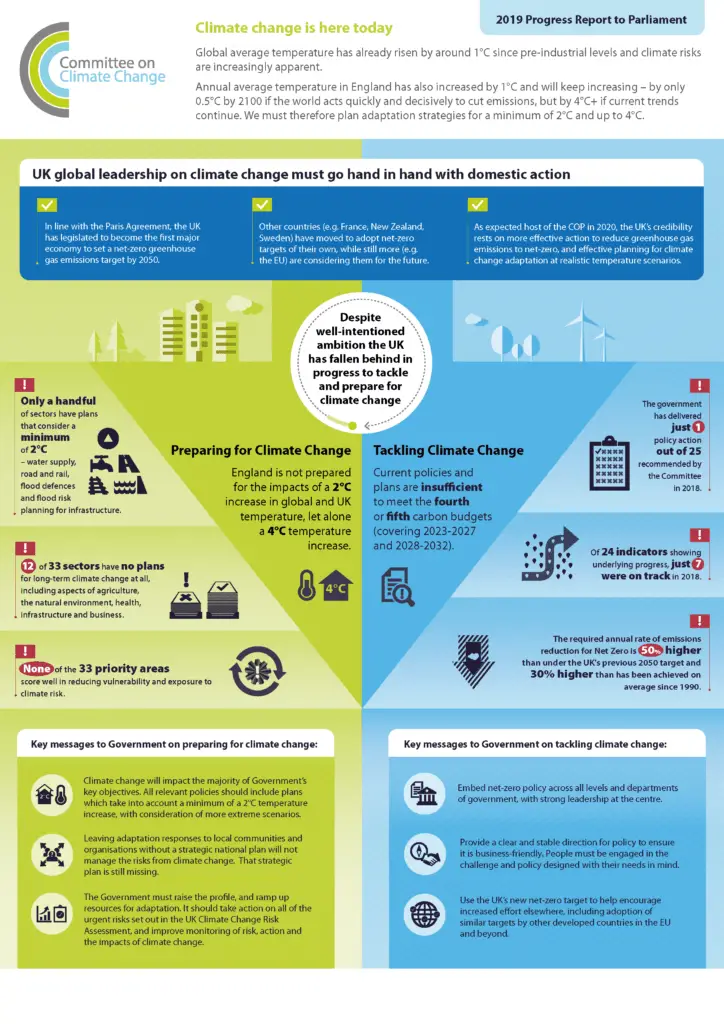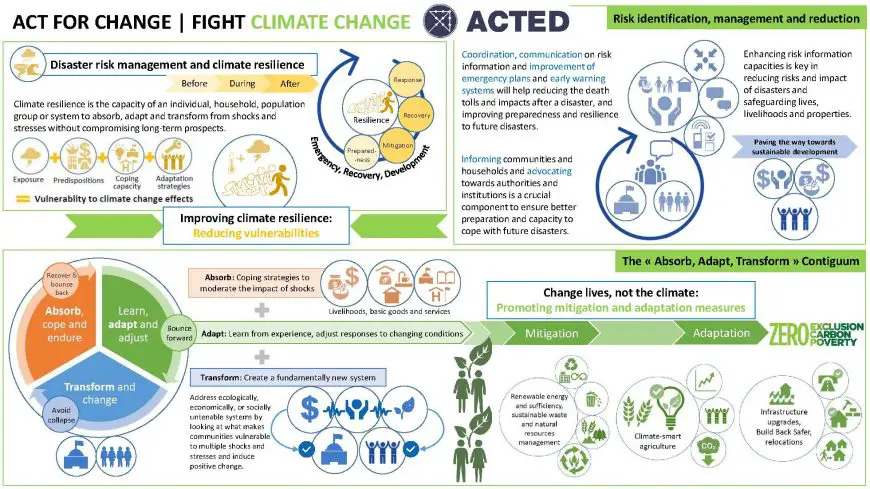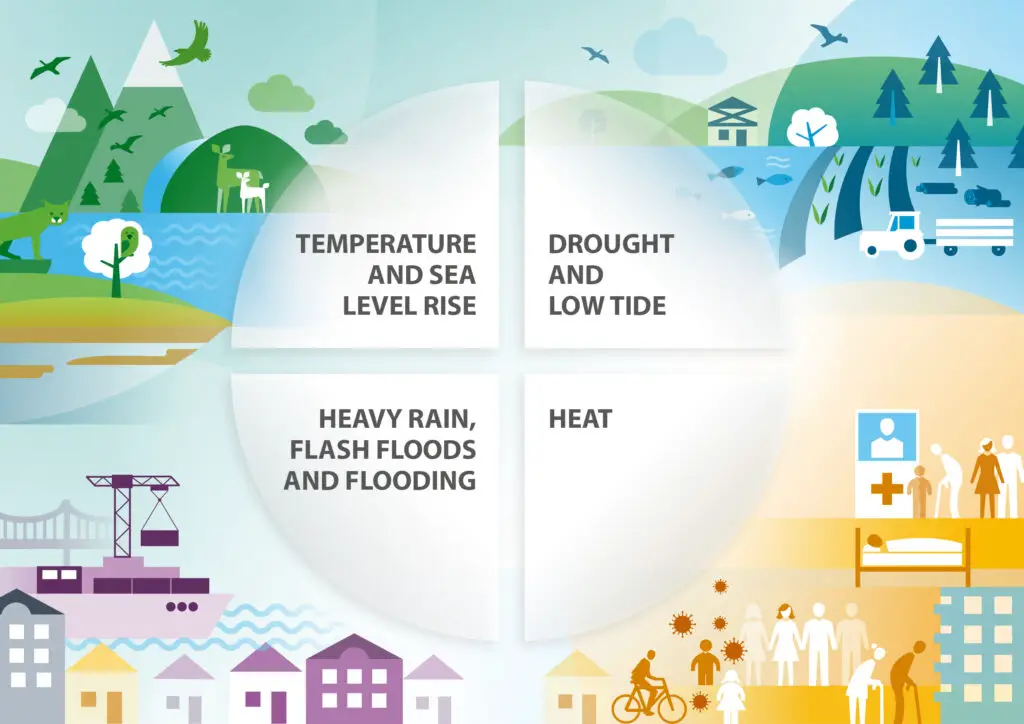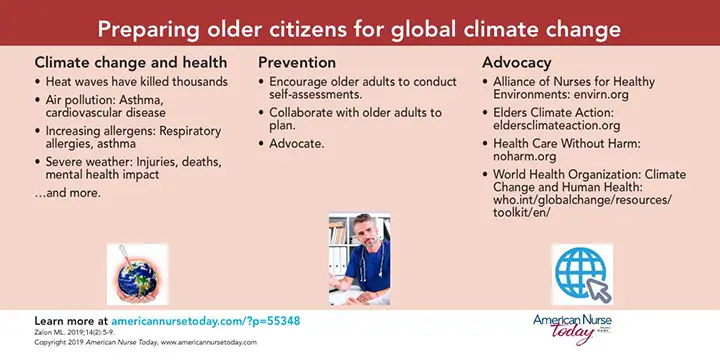The Impact Of Global Warming On Prepping Strategies
Have you ever thought about how global warming might affect your prepping strategies? Today, we’re going to dive into the ways in which climate change is impacting how we prepare for emergencies and disasters, and what steps you can take to adapt your prepping plans accordingly.

Understanding Global Warming and Its Effects
Global warming, also known as climate change, refers to the long-term increase in Earth’s average surface temperature. This rise in temperature is primarily due to human activities, such as the burning of fossil fuels and deforestation, which release greenhouse gases into the atmosphere.
What does this mean for preppers?
As global warming continues to worsen, we can expect to see more frequent and severe natural disasters, such as hurricanes, droughts, wildfires, and floods. These events can disrupt supply chains, cause food shortages, and lead to power outages, making it essential for preppers to adapt their strategies to mitigate these risks.
Reassessing Your Emergency Supplies
One of the most critical aspects of prepping is having a well-stocked emergency supply kit. However, with the increasing frequency of extreme weather events caused by global warming, it’s essential to reassess your supplies regularly.
How can you do this?
Make a list of all the items in your emergency kit and check expiration dates regularly. Consider adding supplies specifically tailored to climate change-related disasters, such as portable solar chargers, water purification tablets, and extra layers of warm clothing to combat extreme weather conditions.

Developing a Climate-Resilient Bug-Out Plan
In the event of a disaster, having a bug-out plan is crucial for ensuring your safety and well-being. However, due to the unpredictable nature of climate change, it’s essential to develop a climate-resilient bug-out plan.
What should this plan include?
Identify multiple evacuation routes that are less likely to be affected by climate change-related hazards, such as flooding or wildfires. Make sure to include contingency plans for extreme weather events, such as having a designated meeting point for your family in case of separation.
Investing in Sustainable Prepping Practices
As global warming continues to impact our planet, it’s essential for preppers to consider investing in sustainable practices to reduce their carbon footprint and minimize their impact on the environment.
How can you incorporate sustainability into your prepping?
Consider using renewable energy sources, such as solar panels or wind turbines, to power your off-grid prepping supplies. Opt for eco-friendly alternatives to single-use plastics and disposable items in your emergency kit, such as reusable water bottles and utensils.

Building Community Resilience
Preparing for emergencies and disasters is not just an individual effort but also a community one. Building resilience within your community can help ensure that everyone is better equipped to handle the impacts of global warming.
How can you get your community involved?
Organize community preparedness workshops or training events to educate your neighbors about the risks of climate change and how they can prepare for emergencies. Work with local officials and organizations to develop a community emergency plan that takes into account the specific challenges posed by global warming.
Adapting to Changing Climate Conditions
As global warming continues to alter our planet’s climate, preppers must be willing to adapt their strategies and plans to accommodate these changing conditions.
What steps can you take to adapt?
Stay informed about the latest developments in climate science and how they may impact your region. Be flexible and open to modifying your prepping strategies as needed to address new challenges posed by extreme weather events and other climate change-related hazards.
In conclusion, global warming is having a significant impact on how we prepare for emergencies and disasters. By understanding the effects of climate change, reassessing our emergency supplies, developing climate-resilient bug-out plans, investing in sustainable practices, building community resilience, and adapting to changing climate conditions, we can better prepare ourselves for the challenges ahead. Remember, being proactive and staying informed are key components of effective prepping in a changing world.

